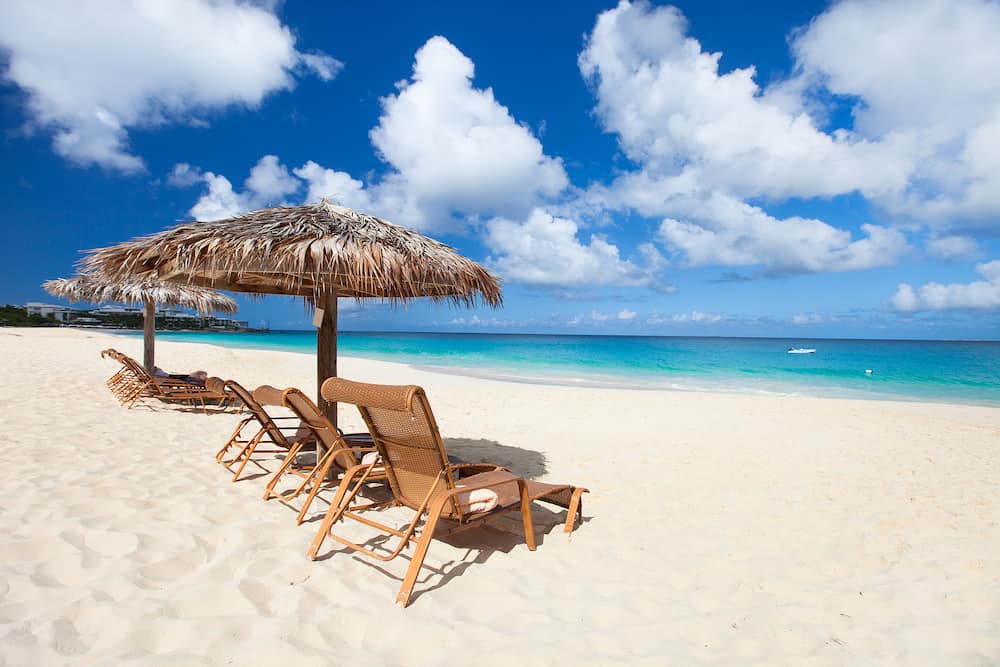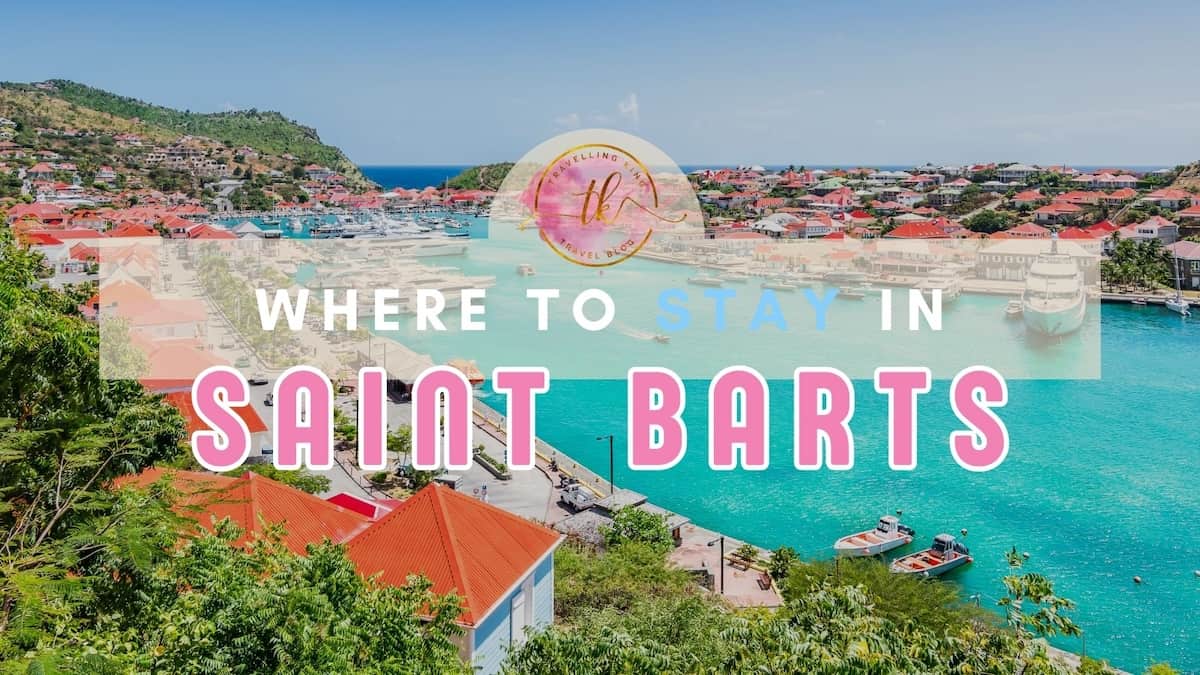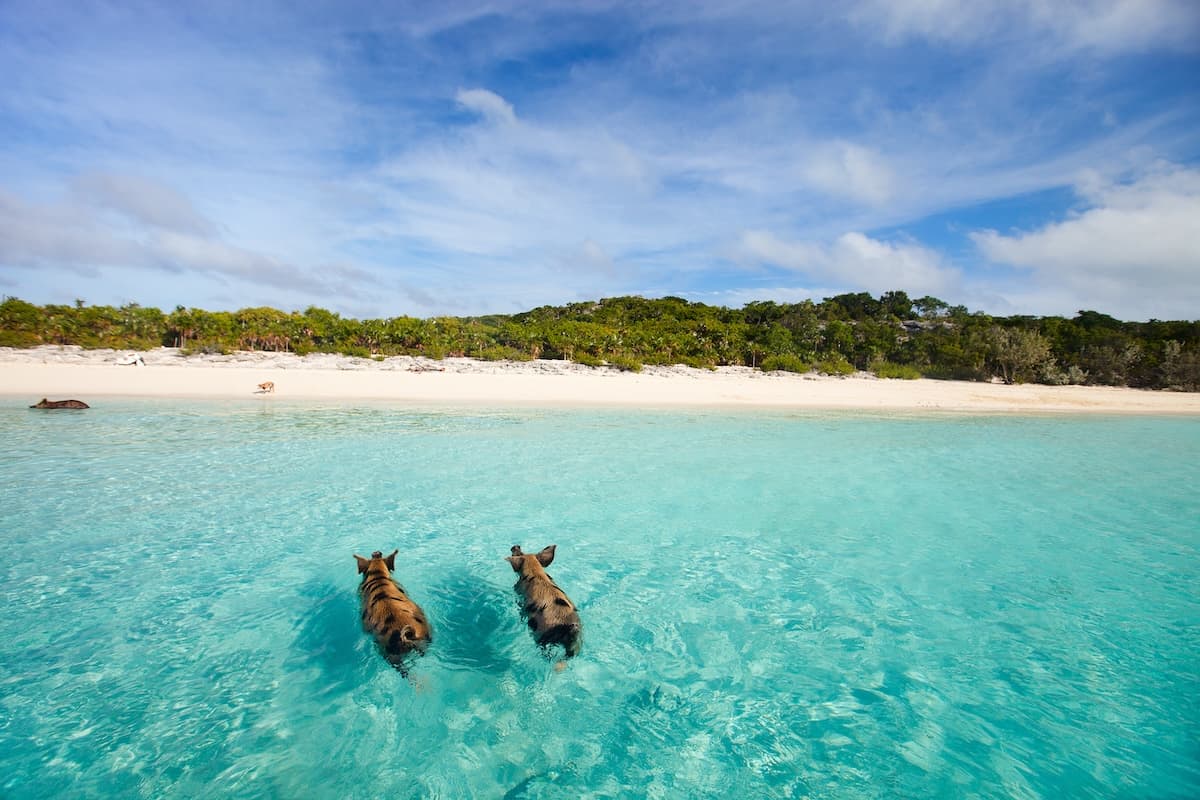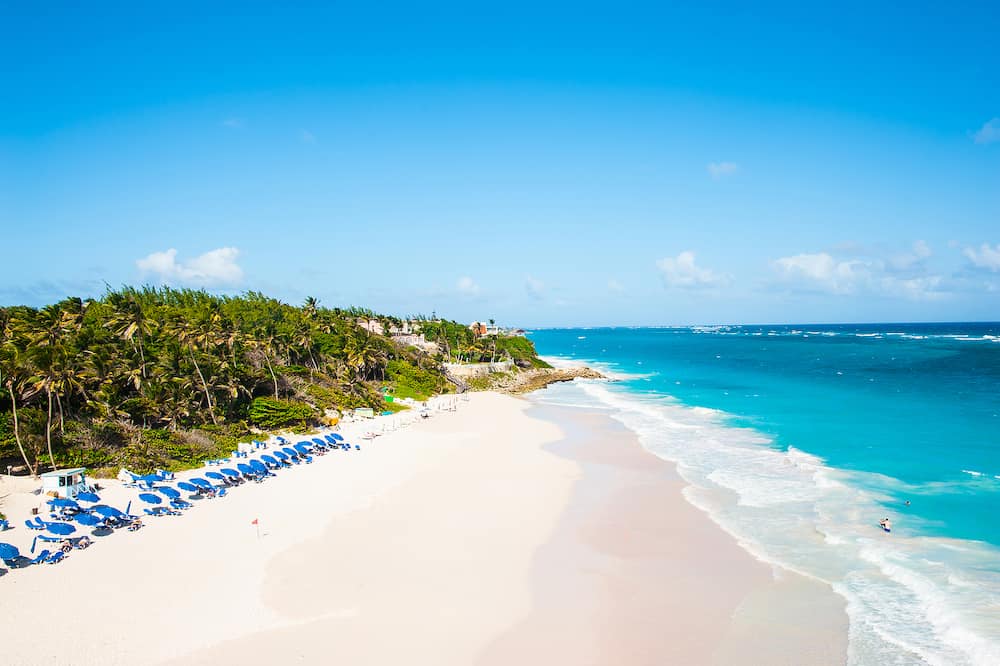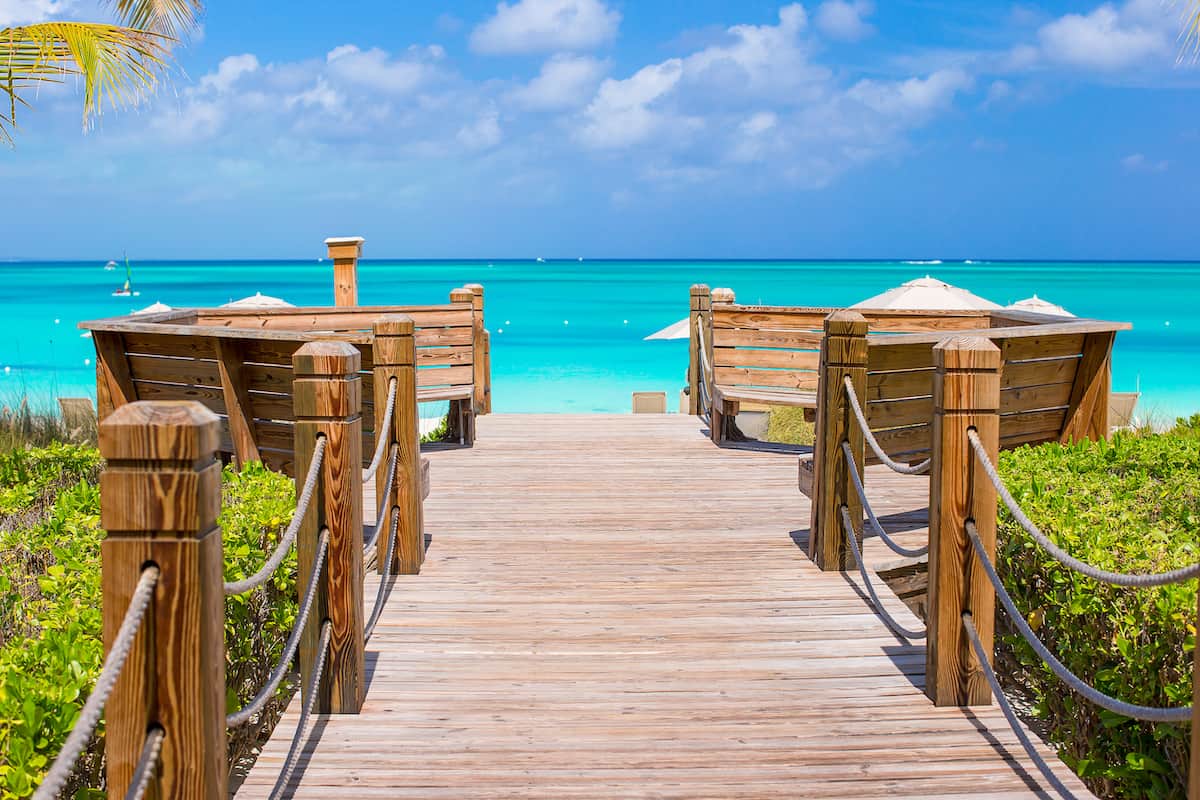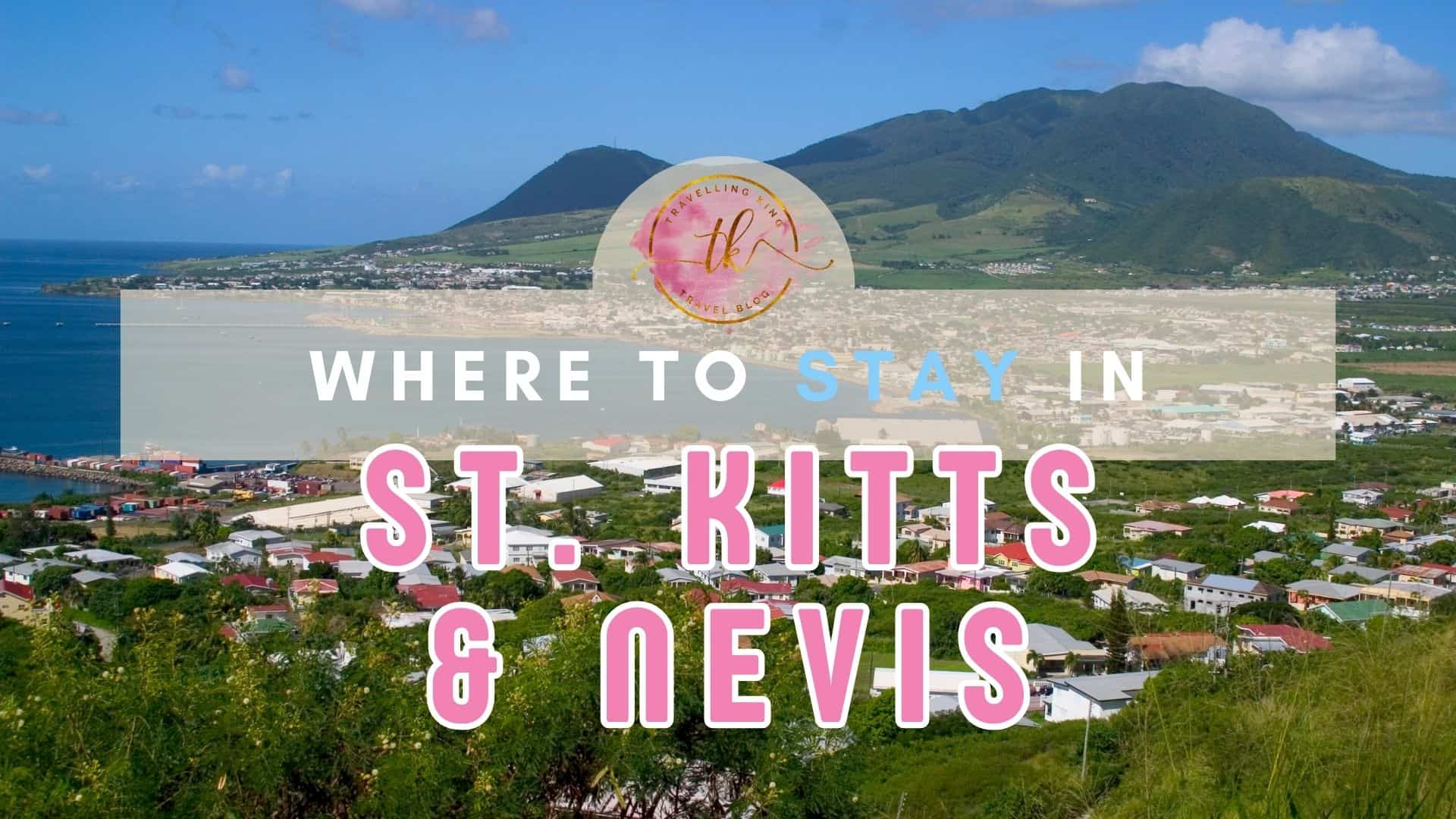Are The Cayman Islands A Good Place To Live?
Prepare yourself for idyllic white sand beaches, hot summer days, a warm tropical climate, the soft hum of local Caribbeans and insanely crystal blue water reminding you of the beauty of living in the tropics.
Are the Cayman Islands a good place to live? Yes, very much so! I found it extremely safe. Like all tropical islands, it has many benefits of a laid-back, easy lifestyle in a beautiful area. Still, there are downsides to living out of the way and relocating to a large rock in the middle of the ocean.
The Cayman Islands are in the Caribbean Sea, south of Cuba and northwest of Jamaica. Grand Cayman is the largest and most populated of the three islands. Cayman Brac and Little Cayman are smaller and less developed, each with their own character.
It is a British Overseas Territory, with a Governor appointed by the British Crown and a locally elected government led by a Premier.
The Cayman Islands are well-known for their financial services sector, which includes offshore banking, investment funds, and insurance. Tourism is a massive contributor to the economy.
The island’s pristine beaches, crystal-clear waters, and vibrant marine life make it a popular destination for tourists, particularly scuba divers and snorkelers.
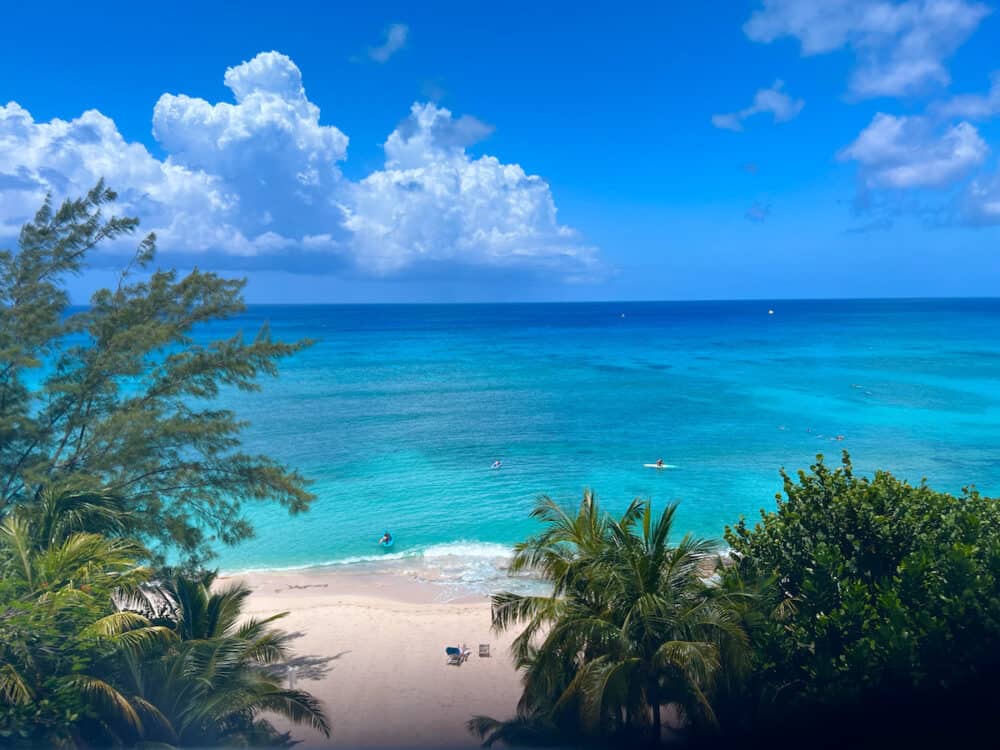
Deciding to live in the Cayman Islands is a significant step, offering a unique blend of financial opportunities, natural beauty, and a relaxed island lifestyle.
However, the high cost of living, particularly concerning housing and imported goods, is something that expats should be prepared for when considering a change to island life.
Ask yourself questions like “Are the Cayman Islands safe?” or “Is there a good education system?” because doing the necessary research will help refine your expectations and understanding.
Below, I have laid out everything I know about the Cayman Islands. Hopefully, this helpful guide will explain what it is like living in the Cayman Islands and its pros and cons:
Plan your trip
Save on fees abroad with the Wise Card—use it at ATMs, restaurants, and for flights or hotels in over 150 countries. Manage 40+ currencies in real-time with the Wise app.
Need Help Planning?
- Cheap Flights: Find the best deals.
- Accommodation: From hostels to luxury stays.
- Car Rental: Affordable options worldwide.
- Sightseeing Tours: Explore without breaking the bank.
- Travel Adapter: One adapter for all your needs.
- Travel Insurance: Don’t risk it—stay covered.
This post includes affiliate links. Read my full disclosure and content policy.
Cost of Living
Starting with the big question, everyone asks, “Is it expensive to live in Grand Cayman?” Of all the places I have lived, Grand Cayman definitely hit the top spot for the most expensive destination.
Granted, I am comparing it to less-developed countries, and my finances were definitely not up to Cayman standards at the time. Still, it only took a few months before I fell into the spell of Grand Cayman and completely fell in love with the place.
The cost of living in the Cayman Islands is relatively high, which can be both a pro and a con, depending on your perspective and financial situation.
Pros
- High-Income Potential:
Expats, particularly those in the financial industry, can earn competitive salaries in the Cayman Islands because of its status as a global financial hub. No income tax means you can save a significant portion of your income.
- Tax Benefits:
The Cayman Islands impose no direct taxes on personal income, capital gains, or corporate profits. It is an attractive destination for those looking to minimise their tax liability.
- Safety and Quality of Life:
The islands offer a safe and secure environment with a high standard of living. Low crime rates and excellent healthcare services contribute to a high quality of life overall.
- Natural Beauty:
The breathtaking scenery, pristine beaches, and numerous recreational opportunities often compensate for the higher cost of living.
Cons
- High Housing Costs:
One of the most significant expenses in the Cayman Islands is housing. Rental and real estate prices are steep, making it challenging to find affordable accommodation, especially in desirable areas.
- Imported Goods:
Many goods, including food and everyday items, are imported. This drives up costs due to import duties and transportation fees, resulting in higher grocery bills and daily expenses.
- Limited Local Job Market:
While there are opportunities in specific industries like finance and tourism, finding a job in other sectors can be challenging for expats, thanks to fierce competition.
- Island Isolation:
The Cayman Islands are relatively isolated, meaning certain items and services may not to be more readily available.
- Work Permits and Immigration:
Navigating the immigration and work permit process can be complex, and fees associated with these processes can add to your initial relocation costs.
- Hurricane Risk:
Preparing for and potentially evacuating during storms can be stressful and costly.
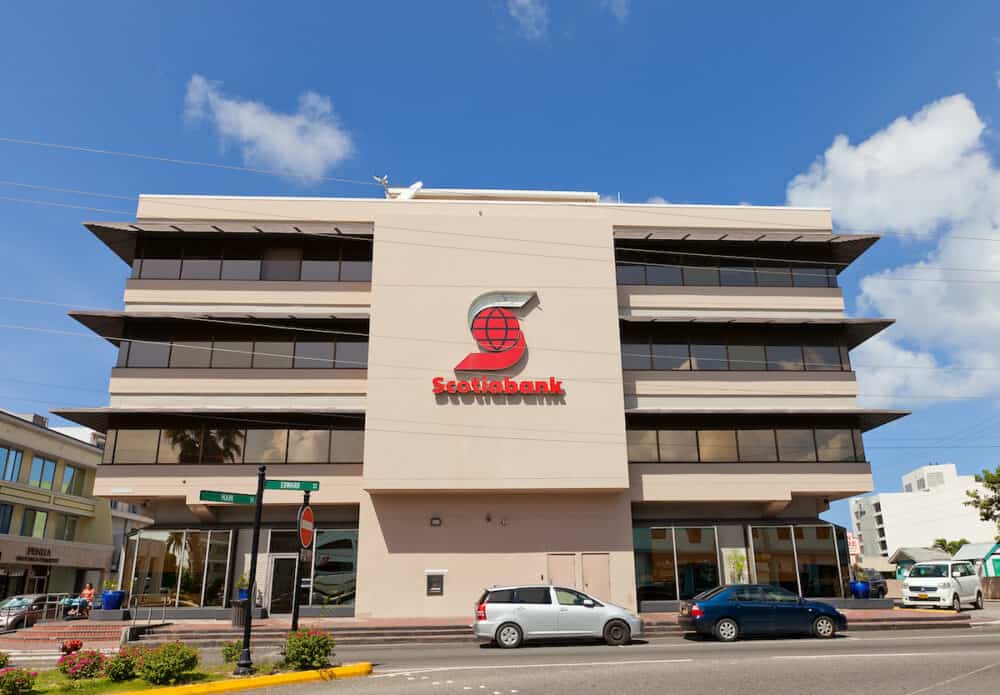
Infrastructure
Over the last few years, Grand Cayman has struggled to keep up with the increasing population and popularity of the island.
Still, thanks to recent projects, there has been significant improvement in dealing with waste management, road expansions, telecom services and many other sectors that fall under the ever-changing infrastructure that makes up the Cayman Islands.
The infrastructure is generally well-developed, reflecting its status as a prosperous British Overseas Territory, but is Grand Cayman an excellent place to live? Below, we have rounded up a couple of pros and cons for you to consider:
Pros
- Modern Transportation:
The Cayman Islands have a modern road network with well-maintained roads and highways, making it easy to get around. (Most vehicles drive on the left side of the road, as in the United Kingdom.)
- Robust Telecommunications:
The islands have a reliable and efficient telecommunications network, providing high-speed internet, mobile phone coverage, and international connectivity.
- Utilities:
Access to essential utilities like electricity, water, and sewage systems is reliable and meets international standards.
- Healthcare Facilities:
The Cayman Islands have well-equipped hospitals and healthcare facilities. The healthcare system is of a high standard, serving residents and tourists.
- Educational Institutions:
The islands have a range of educational institutions, including international schools, offering quality education to residents and expatriates.
- Tourism Infrastructure:
Given the importance of tourism, the Cayman Islands have developed a robust tourism infrastructure with hotels, resorts, restaurants, and recreational activities for visitors.
- Airport and Ports:
Owen Roberts International Airport on Grand Cayman and Charles Kirkconnell International Airport on Cayman Brac facilitate international travel. The islands also have modern seaports for cruise ships and cargo.
Cons
- Hurricane Vulnerability:
Frequent hurricanes can disrupt infrastructure and cause damage.
- Traffic Congestion:
Grand Cayman, the most populated island, experiences traffic congestion, particularly during rush hours.
- Limited Public Transportation:
While there are taxis and some public buses, the islands lack a comprehensive public transportation system. Many residents rely on private vehicles, contributing to traffic issues.
- High Cost of Living:
The cost of living, including housing and imported goods, is relatively high. This can be a financial challenge for residents, mainly expatriates.
- Environmental Impact:
The islands’ development, particularly in tourism and construction, has raised concerns about the environmental impact on fragile ecosystems such as coral reefs and mangroves.
- Water Scarcity:
Despite being surrounded by water, the Cayman Islands have limited freshwater resources. Desalination plants provide much of the drinking water, making water conservation essential.
- Limited Housing Availability:
Finding affordable housing, especially in Grand Cayman, can be challenging due to high demand and limited supply. Rental prices can be prohibitively expensive for some.
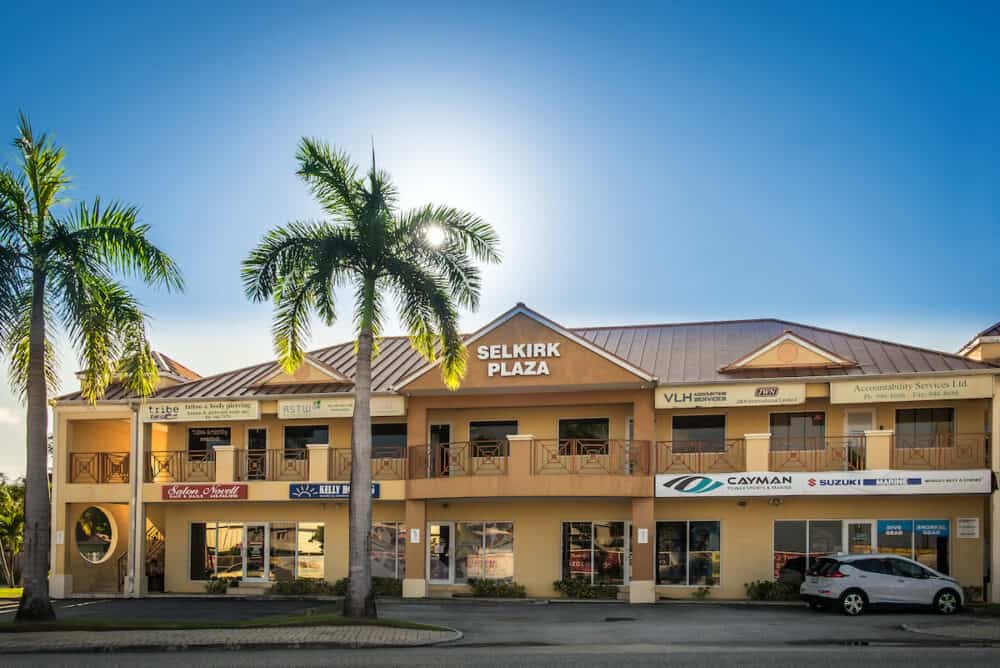
Security & Safety
“Is Grand Cayman safe to live in?” The answer is yes. It is very safe compared to its Caribbean counterparts. Don’t let the pirate stigma get to you!
“Is Grand Cayman safe enough to walk around at night?” Definitely!
The Cayman Islands are generally safe, with low crime rates and a strong emphasis on security for residents and tourists alike. However, like any destination, it is not without its safety concerns, including petty crime, traffic accidents, and the potential impact of hurricanes.
Pros
- Low Crime Rates:
The Cayman Islands have a relatively low crime rate, particularly regarding violent crime.
- Strong Law Enforcement:
The Royal Cayman Islands Police Service (RCIPS) maintains law and order and is well-trained and responsive to community needs.
- Community Engagement:
The islands have a close-knit, engaged community that works together to maintain safety. Neighborhood watches and community outreach programs contribute to security.
- Tourist-Friendly:
The Cayman Islands rely heavily on tourism, and the government strongly emphasises ensuring the safety of tourists. This includes a visible police presence in tourist areas.
- Disaster Preparedness:
Given the hurricane-prone location, the Cayman Islands have robust disaster preparedness and response plans to protect residents and visitors during storm events.
Cons
- Petty Crime:
While violent crime is rare, petty crimes such as theft and burglaries can occur. Residents and visitors can take precautions, such as locking doors and securing belongings.
- Traffic Accidents:
Traffic accidents can be a concern in Grand Cayman, mainly due to traffic congestion and limited infrastructure.
- Hurricane Risk:
While preparations are in place, hurricanes can pose safety risks.
- Tourist Scams:
Some tourists have reported encountering scams or fraud attempts, particularly related to rentals and tours.
- Diving and Watersports:
While the Cayman Islands are a popular destination for scuba diving and watersports, inherent risks are involved. Visitors and residents should be aware of safety guidelines and choose reputable operators.
- Emergency Medical Services:
While healthcare services are of a high standard, the availability of specialised medical services may be limited, and medical evacuation may be necessary in some cases.
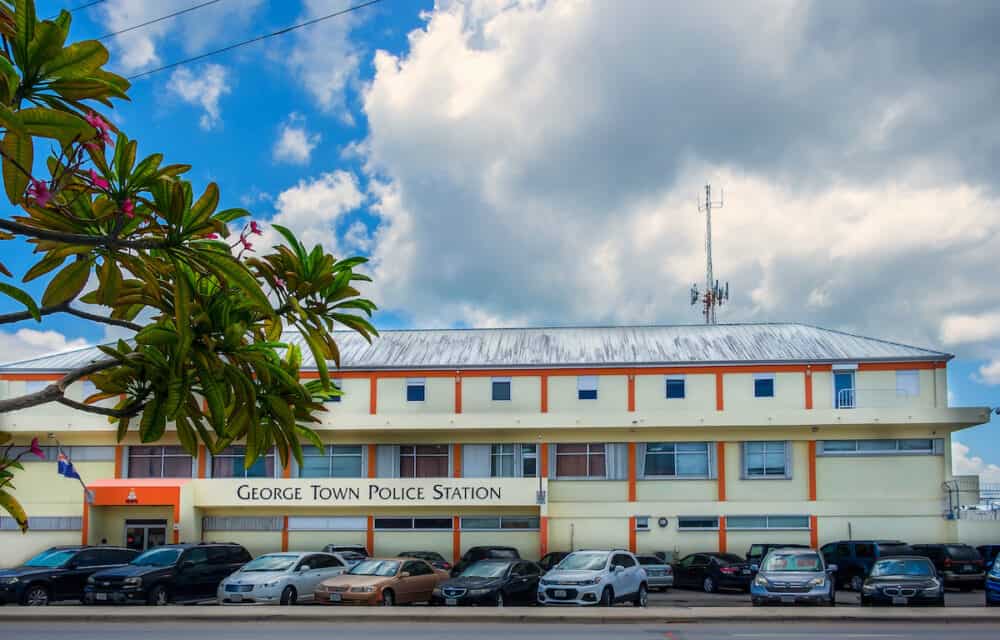
Accommodation
If you dream of that perfect Caribbean island dream beach home, you have come to the right place since Cayman offers many.
Accommodation options in the Cayman Islands vary from upscale beachfront properties to more modest apartments and rental homes.
While the quality of accommodation is generally high, the availability and cost can be significant factors to consider. Unfortunately, Cayman Island living is typically costly, but there are ways to make it work.
If you are left wondering, where do most expats live in Grand Cayman? Then, let me clear that up for you. Most expats will co-share houses or apartments in cul de sacs or estates due to the high prices, and most stick to George Town, West Bay and Seven Mile Beach.
Pros
- High-Quality Properties:
The Cayman Islands offer a range of well-maintained and often luxurious accommodation options, particularly beachfront condos and upscale villas.
- Scenic Views:
Many properties boast stunning views of the Caribbean Sea, making for picturesque and serene living environments.
- Safety and Security:
Accommodation complexes in the Cayman Islands often include gated communities with security, providing residents with an extra layer of safety.
- Variety of Housing Types:
You can find various types of housing, from single-family homes to apartments and condominiums, catering to different preferences and budgets.
- Short Commutes:
Given the relatively small size of the islands, commute times are generally short, allowing residents to save time and enjoy a better work-life balance.
- Proximity to Amenities:
Many accommodations are close to amenities like restaurants, shops, and recreational facilities, enhancing convenience.
Cons
- High Cost of Living:
One of the most significant drawbacks is the high accommodation cost, particularly for beachfront or upscale properties. Rental and real estate prices can be prohibitive for some individuals and families.
- Limited Affordable Housing:
Affordable housing options can be limited, especially on Grand Cayman, due to high demand and a relatively small supply of budget-friendly rentals or homes.
- Competition for Rentals:
The rental market can be highly competitive, with many expatriates vying for available properties. Finding suitable rental accommodation may require patience and persistence.
- Hurricane Vulnerability:
Since the Cayman Islands are susceptible to hurricanes, accommodations near the coast may be at risk during hurricane season (June to November).
- Short-Term Rentals:
While short-term vacation rentals are popular, long-term rental options can be scarcer. Some landlords prefer the flexibility and income potential of short-term rentals.
- Utilities and Maintenance Costs:
Utility costs, such as electricity and water, can be high due to the islands’ location. Additionally, maintenance costs for beachfront properties can be substantial.
- Lease Terms:
Lease terms may vary, and some landlords may require longer-term commitments, which can challenge expatriates on work permits with uncertain durations.
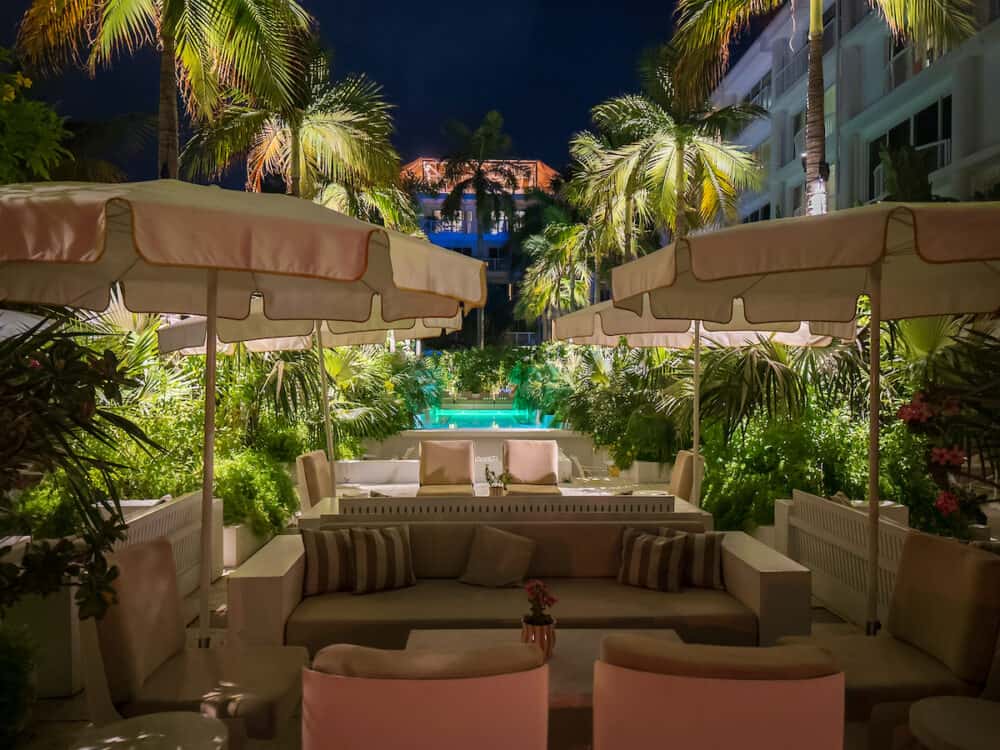
Transport
When moving to Grand Cayman, the Islands offer a range of transportation options, with well-maintained roads, taxis, car rentals, and public buses, primarily on Grand Cayman.
However, traffic congestion, limited public transportation on smaller islands, and high vehicle import costs are essential considerations for residents and visitors.
Understanding the transportation options and planning accordingly is important when living in or visiting the Cayman Islands.
Many car hire and rental companies are around to alleviate any thought of buying a car or bike at the beginning of your move.
Pros
- Modern Roads:
The Cayman Islands have well-maintained and modern road systems, making driving relatively easy. Traffic signs and road markings follow international standards.
- Driving on the Left:
Like in the United Kingdom, driving is on the left side of the road, which can be advantageous for residents from countries with a similar driving orientation.
- Taxis:
Taxis are readily available on all three islands. They provide a convenient and safe mode of transportation, particularly for tourists and those without a vehicle.
- Public Buses:
Grand Cayman has a public bus system that serves most island areas. It’s an affordable option for commuting and getting around, though schedules can be limited.
- Car Rentals:
Car rental agencies are widely available, making it easy for residents and tourists to explore the islands at their own pace.
- Bicycling:
Some residents and tourists choose to cycle, particularly on Grand Cayman, where there are designated bike lanes and generally flat terrain.
Cons
- Limited Public Transportation on Smaller Islands:
Cayman Brac and Little Cayman have more limited public transportation options than Grand Cayman, and many residents rely on personal vehicles or taxis.
- Traffic Congestion:
The road infrastructure needs help to keep up with the rapid population growth and tourism.
- High Import Costs:
Imported vehicles are subject to high import duties, resulting in higher prices for cars and fuel, contributing to the overall cost of living.
- Parking Challenges:
Finding parking, particularly in busy commercial areas or near popular attractions, can be challenging, and parking spaces may have time restrictions.
- Limited Public Transportation Schedules:
Public buses on Grand Cayman have limited schedules, and services may be available only during the night or on Sundays.
- Hurricane Vulnerability:
Transportation infrastructure can be at risk, with the potential for road closures and disruptions to ferry services.
- Lack of Rail or Subway Systems:
Unlike some larger cities, the Cayman Islands do not have rail or subway systems. Hence, personal vehicles or alternative transportation options are necessary for daily commuting.
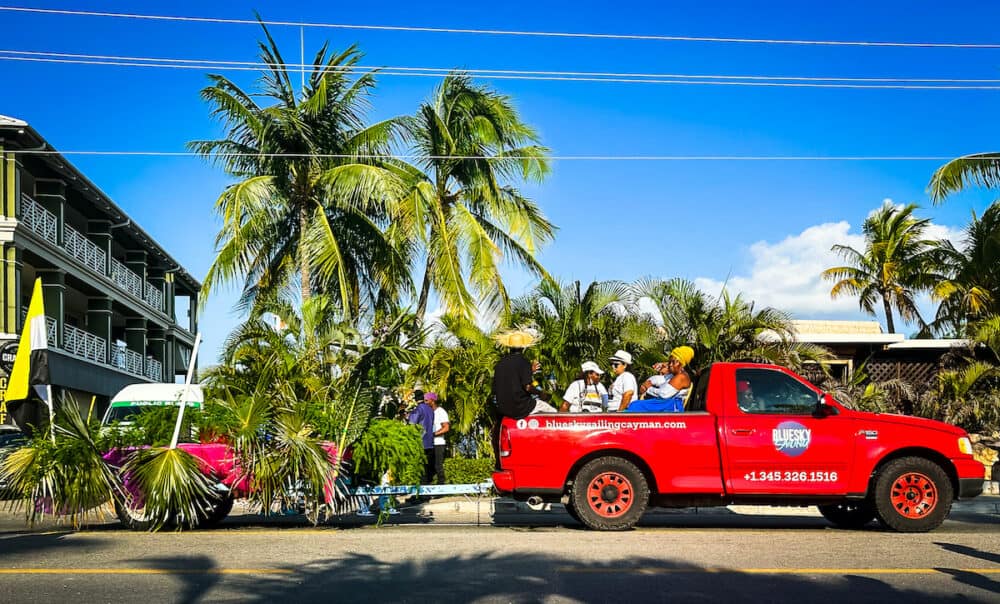
Activities
The Cayman Islands offer many outdoor and cultural activities, primarily focused on their stunning natural environment.
From the famous Seven Mile beach to the multitude of diving centres in the area, the island won’t leave you short of wondering what to do with yourself.
Visitors should be prepared for the high cost of some activities and the potential impact of hurricane season.
Nonetheless, for those who love water sports, wildlife encounters, and outdoor adventures, Grand Cayman living can be a true paradise with a lot to offer.
Pros
- Water Sports:
The Cayman Islands are renowned for their exceptional water sports opportunities. Some main attractions include snorkelling, scuba diving, and swimming in crystal-clear waters with vibrant coral reefs and marine life.
- Beach Life:
The islands’ pristine, white-sand beaches are perfect for sunbathing, picnicking, beachcombing, or simply relaxing with a book.
- Boating and Sailing:
Residents and tourists can enjoy boating, sailing, and yachting in the calm, turquoise waters. Many explore the nearby smaller islands, cays, and reefs.
- Fishing:
The Cayman Islands offer excellent deep-sea and sport fishing opportunities, with chances to catch marlin, tuna, and other game fish.
- Cultural Events:
The islands host various cultural events, including music festivals, culinary festivals, and art exhibitions that showcase local and international talent.
- Outdoor Adventures:
You can explore hiking trails, caves, and lush landscapes on islands like Cayman Brac and Little Cayman. Bird watching and eco-tourism are also popular.
- Wildlife Interaction:
The Cayman Turtle Centre and Stingray City provide opportunities to interact with and learn about marine life, including turtles and stingrays.
Cons
- Hurricane Season:
The hurricane season can disrupt outdoor activities, leading to tours, diving trips, and outdoor events cancellations.
- High Cost:
Some activities, such as scuba diving and boat rentals, can be expensive. The overall cost of living in the Cayman Islands, including recreational activities, is relatively high.
- Limited Nightlife:
The Cayman Islands are known for a less vibrant nightlife scene. While there are bars and restaurants, the nightlife options may be limited compared to larger cities.
- Limited Public Transport for Tourists:
While public transportation is available on Grand Cayman, it may not be as convenient or readily accessible for tourists exploring the smaller islands, Cayman Brac and Little Cayman.
- Weather-Dependent:
Many activities in the Cayman Islands are weather-dependent, and sea conditions or visibility may affect activities like diving and snorkelling.
- Crowded Tourist Spots:
Popular tourist spots like Stingray City can get crowded during peak tourist seasons, potentially detracting from the experience.
- Environmental Impact:
The popularity of water-based activities can impact the delicate marine ecosystems that the islands are actively trying to protect.
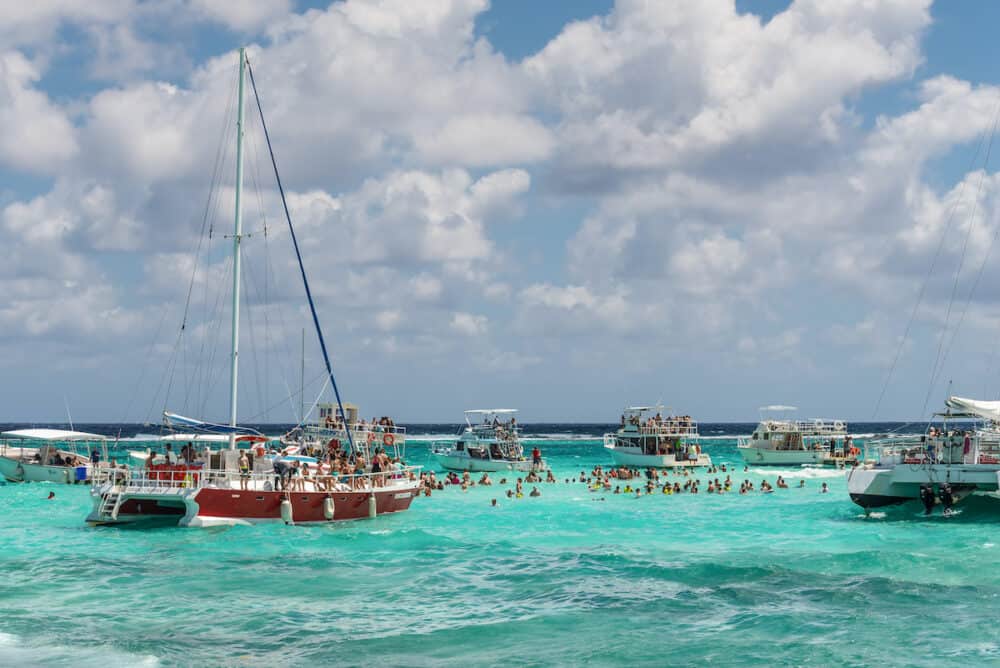
The Weather
Moving to the Cayman Islands is exciting, but understanding the weather is necessary since you will be up against Mother Nature and her heavy fist.
The Cayman Islands offer a tropical marine climate with warm temperatures and abundant sunshine throughout the year, making it an attractive destination for those who love outdoor activities and water sports.
However, the hurricane season, high humidity, and occasional heavy rainfall are factors to be aware of when planning your stay in the Cayman Islands.
Pros
- Warm Temperatures:
The Cayman Islands enjoy warm temperatures year-round, with average highs ranging from the mid-80s to low-90s Fahrenheit (29-33°C).
- Abundant Sunshine:
The islands receive significant sunshine, with sunny days being the norm.
- Steady Trade Winds:
The islands benefit from steady trade winds, which help keep the temperature comfortable and provide a pleasant breeze, especially along the coast.
- Low Seasonal Variation:
There is minimal seasonal variation in temperature, meaning you can enjoy consistent warm weather year-round without winter clothing.
- Water Activities:
The warm waters surrounding the Cayman Islands are perfect for swimming, snorkelling, diving, and other water sports throughout the year. The water temperature remains comfortably warm.
Cons
- Hurricane Season:
These storms can bring heavy rainfall, strong winds, and potential damage.
- High Humidity:
High humidity is expected in the Cayman Islands, especially during summer.
- Rainy Season:
Although it’s relatively dry compared to many tropical destinations, there is a rainy season from May to October, with increased chances of sporadic heavy rainfall and occasional flooding.
- Hot Summers:
While the warm weather can be appealing, some may find the summer heat and humidity oppressive
- Mosquitoes:
The tropical climate can lead to more mosquitoes, particularly during and after heavy rainfall.
- Sun Exposure:
The abundant sunshine can also lead to intense UV radiation. Visitors and residents must take precautions to protect their skin from sunburn and damage.
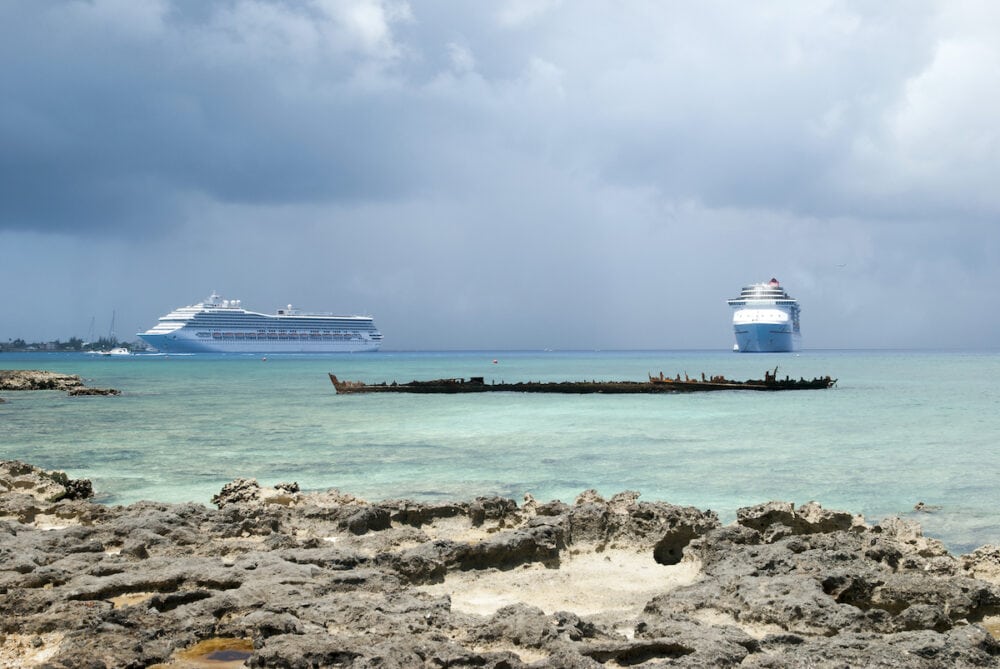
Shopping
Shopping in the Cayman Islands offers a mix of duty-free luxury goods, unique local crafts, and a variety of retail options.
However, the high cost of living and limited selection on the smaller islands are essential considerations. Visitors can find a range of souvenirs and luxury items, making shopping a popular activity for tourists and residents alike.
Tourist shopping is more focused in George Town. In contrast, standard stores like pharmacies and grocery stores are more frequent in neighbourhoods outside the tourist district.
To live in the Cayman Islands, you must accept that your usual go-to stores may be elsewhere.
Pros
- Duty-Free Shopping:
The Cayman Islands are known for their duty-free shopping, particularly in George Town, the capital of Grand Cayman. Visitors can enjoy tax-free jewellery, watches, electronics, and spirits purchases.
- Luxury Brands:
You can find a range of luxury brands and upscale boutiques, particularly in the Camana Bay area of Grand Cayman. High-end fashion, accessories, and jewellery are readily available.
- Local Art and Crafts:
The Cayman Islands have a thriving local arts and crafts scene. Visitors can purchase unique handmade items such as jewellery, paintings, pottery, and woodwork as souvenirs.
- Caymanite:
Caymanite is a rare and beautiful semi-precious stone found only in the Cayman Islands. It’s often used in jewellery and makes for a distinctive souvenir.
- Local Markets:
Local markets, such as the Cayman Craft Market and the Farmers’ Market, provide opportunities to purchase fresh produce, local crafts, and authentic Caymanian products.
- Diverse Shopping Districts:
The islands offer diverse shopping districts, from the bustling streets of George Town to the more relaxed and upscale Camana Bay area. There are options to suit various preferences and budgets.
Cons
- High Cost of Living:
The cost of living in the Cayman Islands, including the prices of goods, can be relatively high due to importation costs and the absence of direct taxes.
- Limited Selection in Smaller Islands:
While Grand Cayman has a wide variety of shopping options, the smaller islands, Cayman Brac and Little Cayman, have more limited selections, with fewer stores and boutiques.
- Limited Operating Hours:
Some shops and businesses may have limited operating hours on Sundays and public holidays.
- Limited Bargaining:
Bargaining is rare in the Cayman Islands, so don’t expect to haggle over prices as you might in other destinations.
- Tourist Crowds:
Popular shopping areas can get crowded, mainly when cruise ships are in port, which may affect the shopping experience.
- Hurricane Season:
There is a risk of store closures and disruptions to supply chains, potentially affecting product availability.
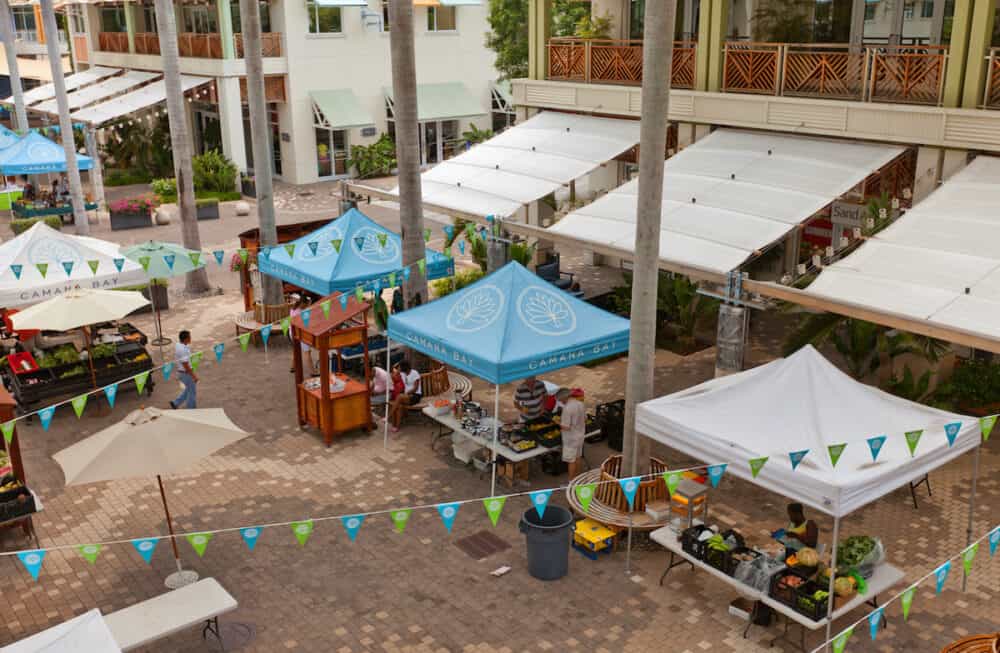
The Community
The community in the Cayman Islands is diverse and welcoming, with a mix of local Caymanians and a significant expatriate population, especially those who live in Grand Cayman. The islands have a tight-knit, friendly atmosphere that helps you feel supported and accepted.
English is the official language which 90% of the island speaks. Many residents also speak Spanish due to the proximity to Spanish-speaking countries, and the locals have a self-made language called Cayman Creole.
The expat life is famous and attracts foreigners worldwide looking for their tropical haven away from ordinary life. Many enjoy living and working in the Cayman Islands for different reasons, which is why there is such diversity everywhere you go.
Living in the Cayman Islands as an expat is an exciting decision for anyone, especially knowing how loving the community is. Still, like any new place, there are its pros and cons:
Pros
- Cultural Diversity:
The Cayman Islands are home to a multicultural community with residents from various countries and backgrounds.
- Friendly and Hospitable:
Caymanians are known for their friendliness and hospitality, making it relatively easy for newcomers to feel welcome and integrated into the community.
- Strong Sense of Safety:
The islands have low crime rates, contributing to a sense of safety and security within the community.
- Community Engagement:
Residents often engage in community activities and events, creating opportunities for socialising and building connections.
- Expatriate Network:
The expatriate community is substantial and well-connected, with various groups and organisations facilitating networking and support for newcomers.
- Cayman Kind:
The concept of “Caymankind” reflects the islands’ culture of generosity and helping one another. The community often comes together to support charitable causes and those in need.
Cons
- High Cost of Living:
The high cost of living, including housing and imported goods, can be a significant drawback, making it challenging for some residents to maintain a comfortable lifestyle.
- Expensive Healthcare:
While healthcare services are of a high standard, medical costs can be substantial, particularly for those without comprehensive health insurance.
- Limited Affordable Housing:
Finding affordable housing can be difficult, especially for newcomers, due to the high demand and limited supply of budget-friendly rentals or homes.
- Traffic Congestion:
This leads to longer commute times and frustration for residents.
- Environmental Concerns:
The rapid development of the islands, particularly in the tourism sector, has raised concerns about the impact on the environment, including coral reefs and marine ecosystems.
- Hurricane Risk:
Residents must prepare for potential storms and the associated risks, including property damage and disruptions to daily life.

Retirement
Living on Grand Cayman is genuinely an incredible lifestyle change, especially for those looking to retire. It is a peaceful island with a lot of energy. It can be an attractive option for those seeking a warm, tropical, and tax-friendly environment to enjoy their later years.
However, the high cost of living and limited access to specialised healthcare services are important factors.
Retirees should carefully plan and budget for retirement in this tropical paradise, considering the advantages and disadvantages.
Pros
- Tropical Paradise:
The Cayman Islands offer a beautiful and picturesque tropical setting with stunning beaches, clear waters, and a pleasant climate, making it an ideal place to relax and enjoy retirement.
- Tax Benefits:
One of the significant advantages of retiring in the Cayman Islands is its tax-haven environment. There are no income, capital gains, or property taxes, making it an attractive destination for retirees looking to minimise their tax burden.
- Safety and Healthcare:
The Cayman Islands have low crime rates and offer high-quality healthcare services, providing retirees peace of mind and access to medical care.
- Outdoor Activities:
The islands offer a wide range of outdoor activities, including water sports, hiking, and golf, allowing retirees to stay active and enjoy the region’s natural beauty.
- Community and Social Life:
The Cayman Islands have a diverse and welcoming community, with various clubs and social organisations catering to retirees, providing opportunities for socialising and making new friends.
- Financial Services:
The Cayman Islands is a global financial hub for retirees with economic interests, providing access to banking and investment services.
Cons
- Cost of Living:
While there are tax benefits, the overall cost of living, particularly housing and imported goods, can be high.
- Limited Healthcare Facilities:
While healthcare quality is generally high, some specialised medical services may not be available locally, potentially necessitating medical travel.
- Island Isolation:
The Cayman Islands are relatively isolated, which can be both an advantage and a drawback.
- Immigration and Residency Rules:
Retirees must meet specific requirements to obtain residency and may need to navigate the immigration process, which can be complex.
- Hurricane Risk:
Retirees should be prepared for potential disruptions during storm events.
- Limited Shopping and Cultural Activities:
While shopping options and cultural events are available, the offerings may be more limited than in larger cities, potentially affecting retirees seeking more cultural and entertainment opportunities.
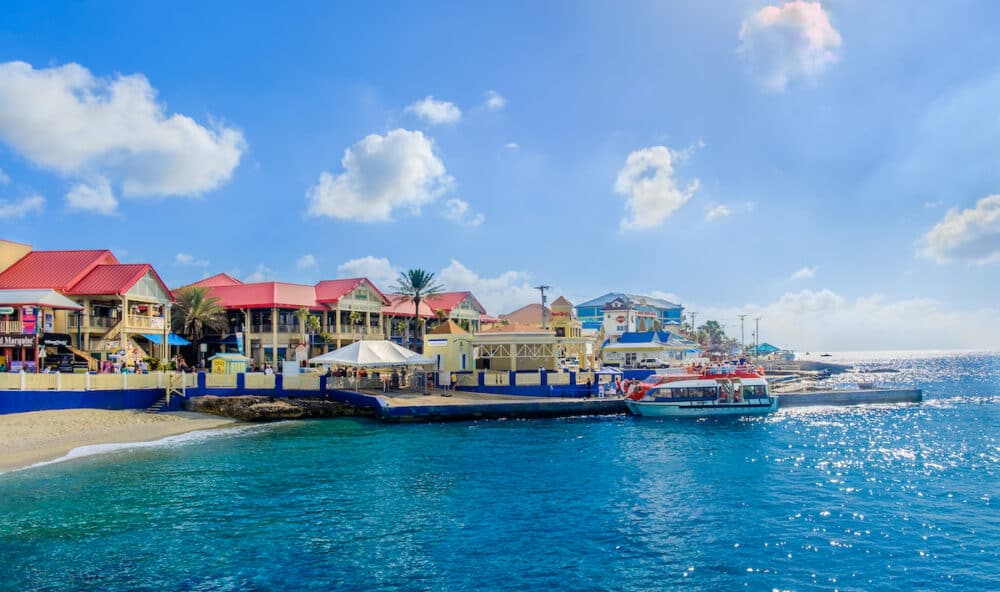
FAQs About moving to the cayman islands
Can an American live in the Cayman Islands?
Yes! Americans need to prove that they make more than $ 150,000 per year.
Is it hard to fly your animals over to the Cayman Islands?
While it is a lengthy one, it is doable. Start planning 6 months in advance and do your research.
Do you need a work permit to work there?
Yes, your company can arrange that before arrival.
Final Thoughts: living in cayman islands pros and cons
Deciding to move anywhere is a crazy experience but a very exciting one. Like other places worldwide, you will find many good and bad things about the Cayman Islands.
Still, at the end of the day, it comes down to your preferences and what you are willing to accept in your everyday life.



